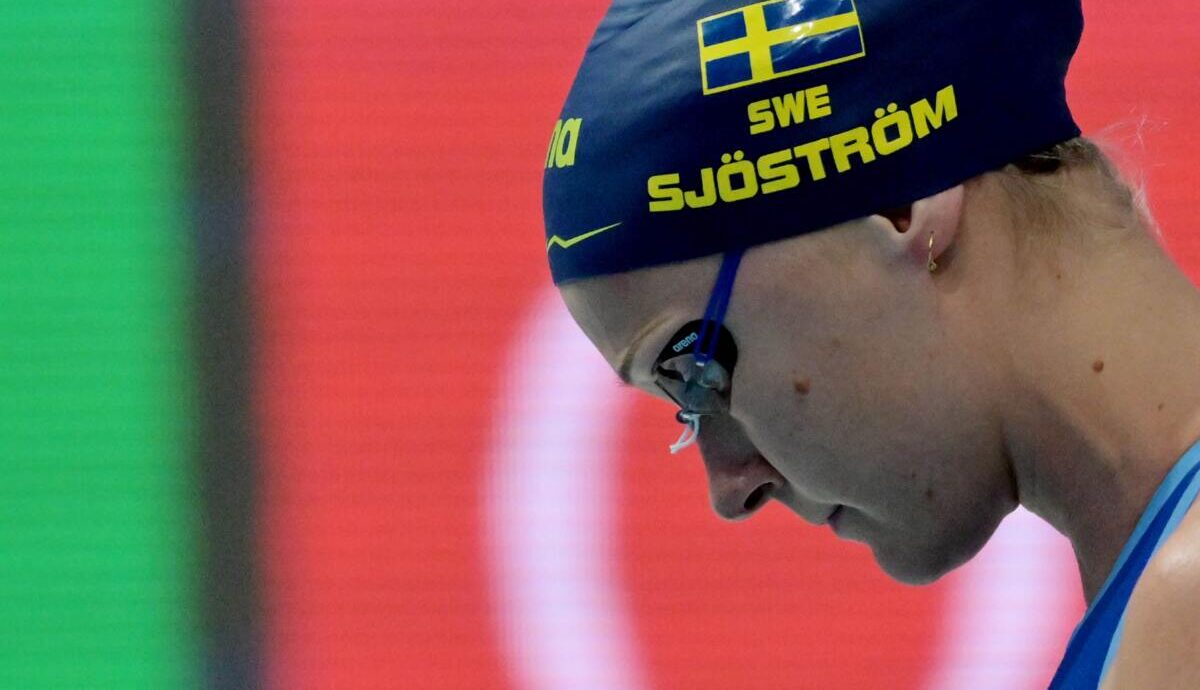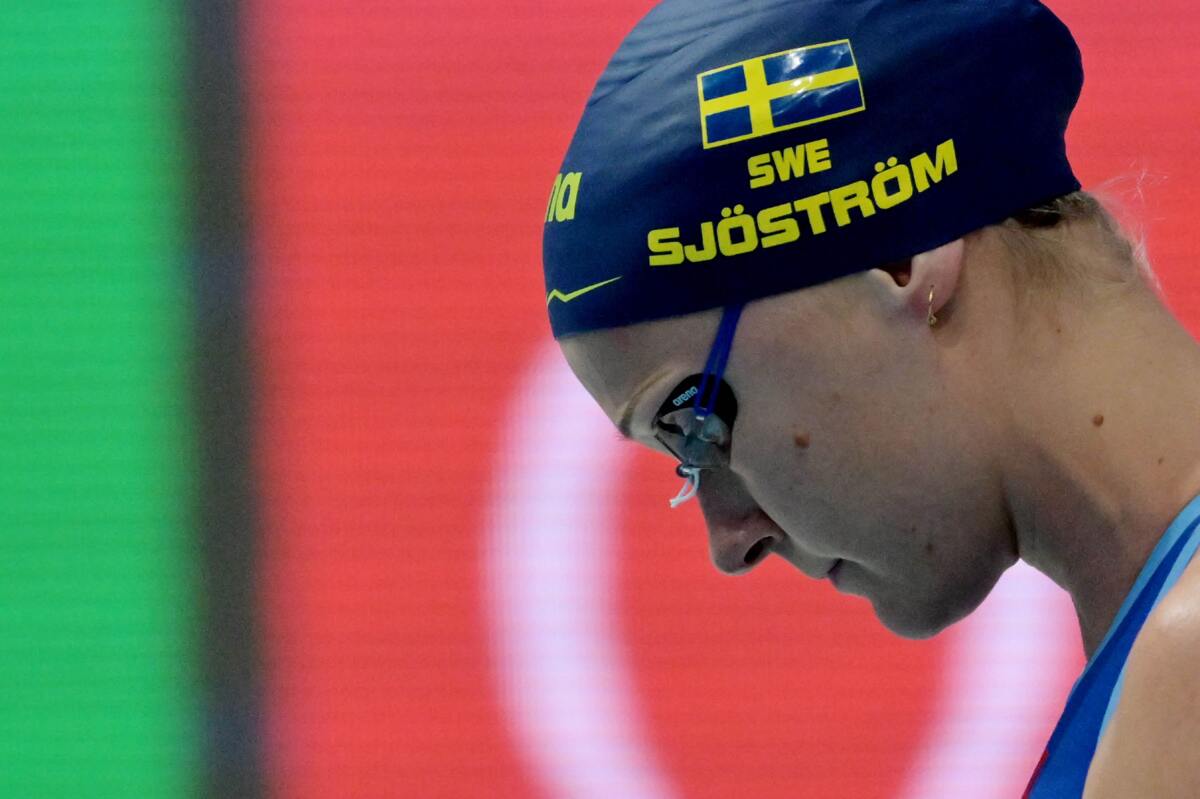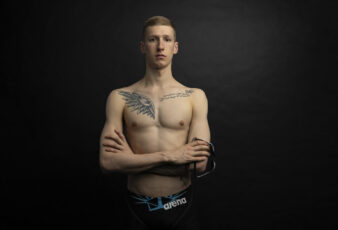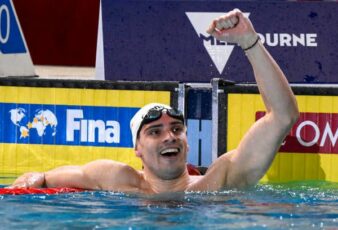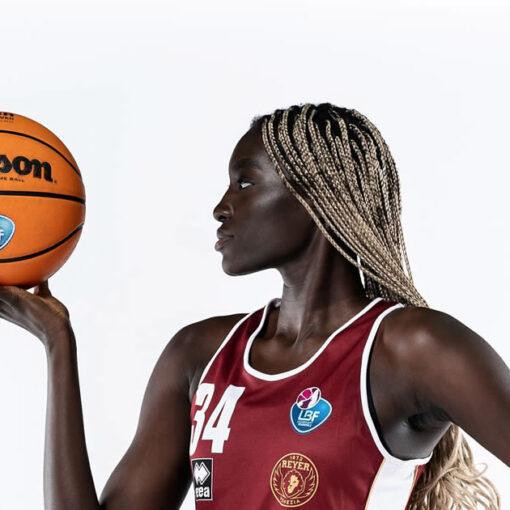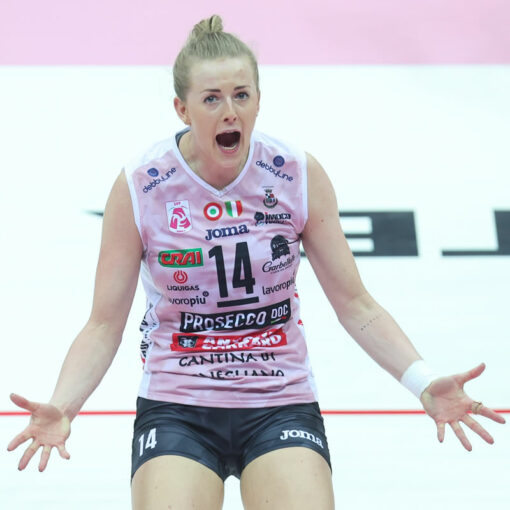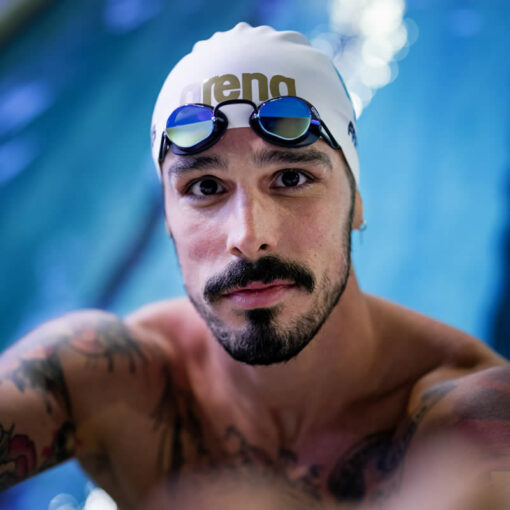I immediately fell in love with the water.
I can’t say the same thing for swimming.
I was on vacation with my parents and siblings, when I realized I could float like all others did, and I immediately felt happy.
As if I've found my place.
I watched people dive and tried to imitate them, happy with the sensation that the water left on me.
It was love at first sight.
Then it got serious, swimming for a club, and everything changed pretty quickly.
I discovered how difficult it was to stay underwater, how tiring it was to do the exercises and learn new things and how complicated it was to master the different styles. I was lazy and it took time to start appreciating the joy of fatigue.
I grew up inside of it, little by little, giving myself the space to understand its rules and to make it a piece of my life.
It does not happen over night.
It requires research, it requires maturity, and above all it requires a process, because love is a two-way street, if you want to make it last.
Thus, the challenge and all the mental aspects of the discipline went from being the thing I liked least to what I liked most.
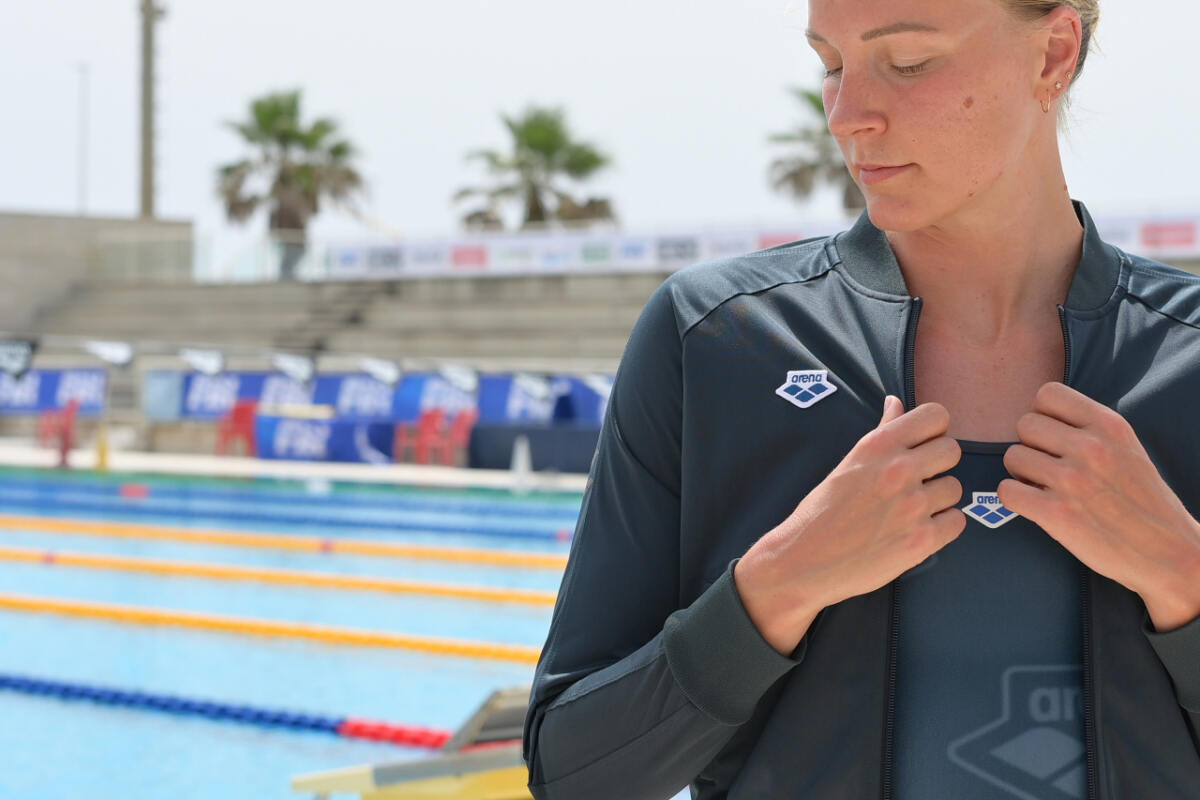
© AlfredoFalcone / LaPresse
Satisfaction arrives.
And it comes from the awareness of having checked all the boxes.
The joy of "succeeding", of achieving something.
There are days when I just feel unbeatable, and it's a feeling that really has nothing to do with victory as such.
Because in those moments, which often happen far from the races, the "others" are not my opponents, my goal is not to touch the wall before someone else.
It’s more a sensation of conquest, almost a dialogue with swimming itself, which is realized in the sensation of being able to control it, dominate it.
Almost to own it.
It means "beating" every request from the coach, going beyond the expectations he has placed on each lap, going under the required times and not feeling fatigue.
And to keep wanting more.
It means feeling the performance, appreciating it.
Feeling the arms and legs being in full control, one with the water, but still, at the same time, knowing that’s an expression of a maximum effort.
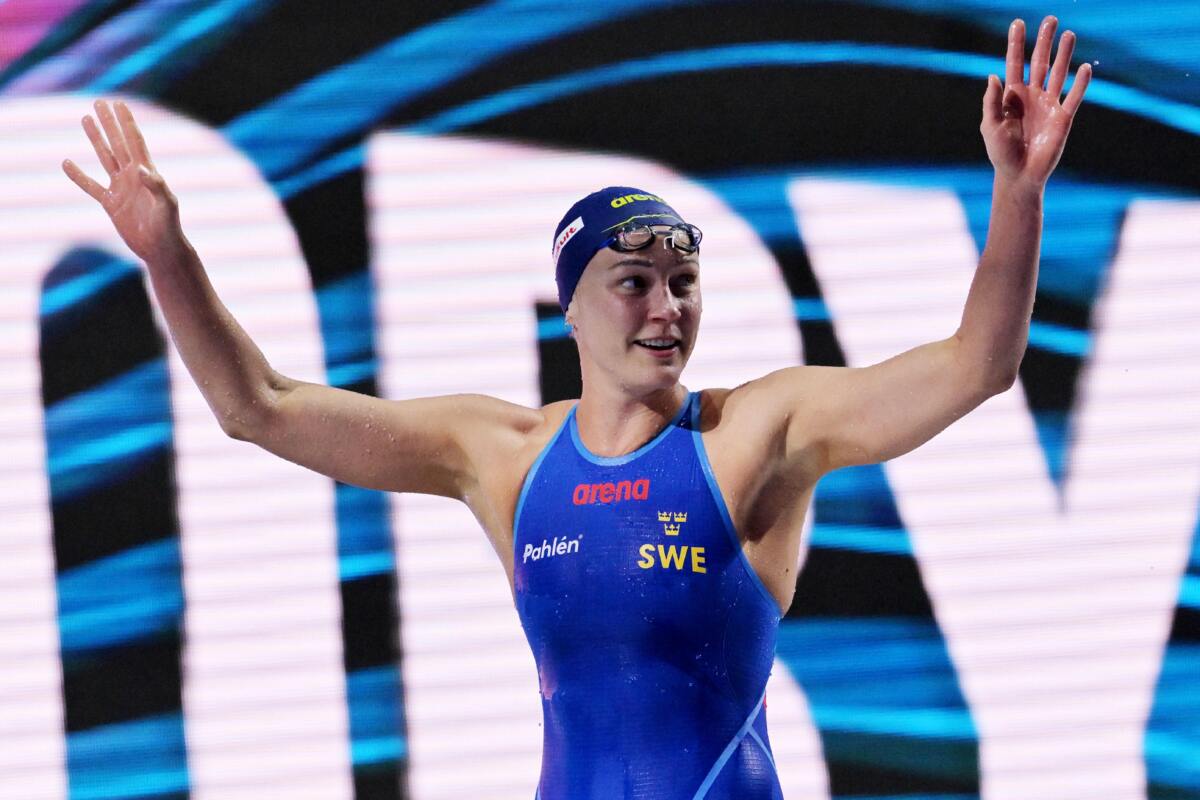
It also happens in the race, at times, and it’s that awareness of having more and more then the others, regardless of their strength, anger and will.
I see or hear them increase the pace, stress the rhythm, try to split the race in two. But inside of me everything moves slowly, as if I know they don't have a real chance to beat me, because I know I can go get them anyway.
I know I always have an extra gear to go to.
It’s a feeling of power, of fullness, which defines the best days, even in training. It’s a rare sensation, but one that is worth more than medals and World Records because it represents the difference between motivation and devotion: one survives the results, the other does not.
Looking for motivation is a waste of time and energy.
If is there, is there because it arrived alone, and there is no need to push it further than that.
Motivation is an unstable force, subject to emotion, to the thought of the moment, dependent on the moment you are living as an athlete and as a human being.
It's a charge of dynamite, which you can't always detonate the way you decide.
Motivation not why you become a champion.
That is the greater merit of devotion, which is the key to all success.
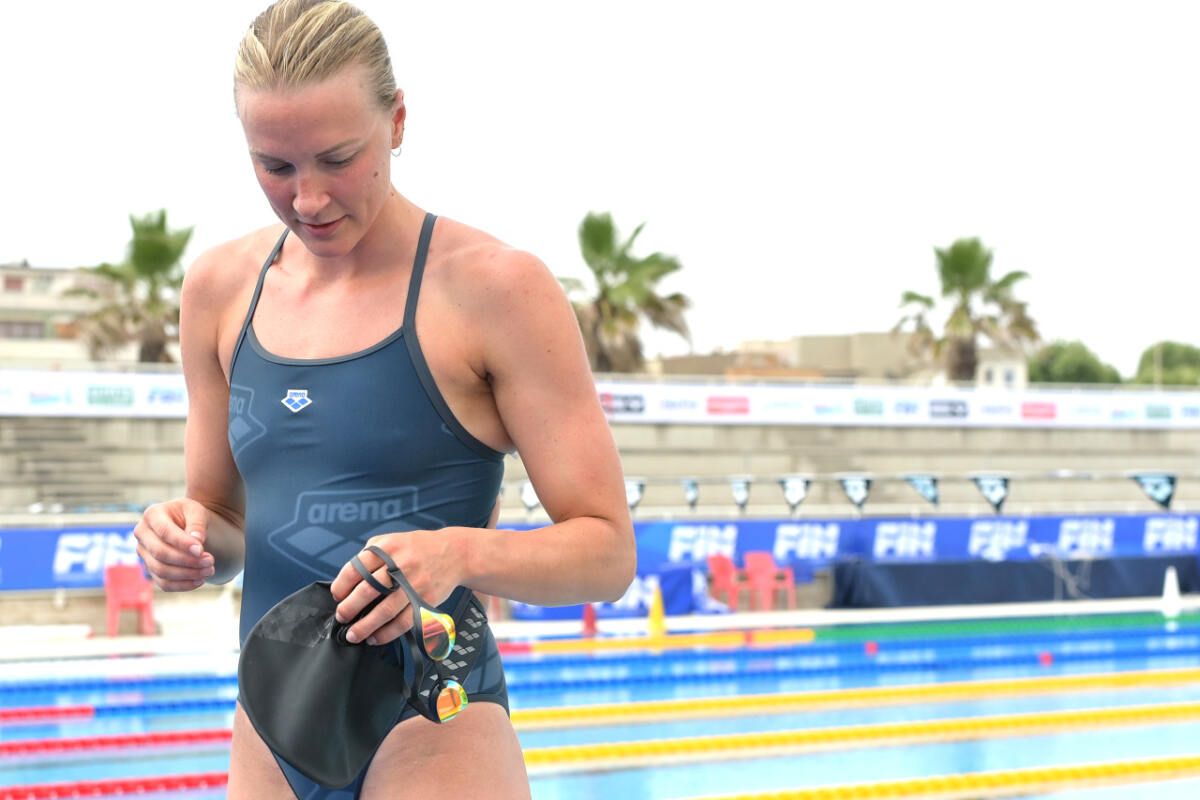
© AlfredoFalcone / LaPresse
Devotion is what allows you to keep pushing even when motivation is low, or when it’s lacking altogether.
It’s the ability to compromise with the limits dictated by your form, the period and the moment of the season, without feeling completely empty. It means understanding the value of a single repetition, of a single day, while knowing that the results are invisible or hidden.
It is the realism required by logic to feed the dream of greatness, which is deeply irrational.
After 15 years of swimming at the highest level, I can still have dreams.
These are enormous goals, apparently illogical, but which keep my imagination and desire fresh.
Not reaching them does not destroy my soul, precisely because I know the size of my devotion and the value of failure, but having them still helps me in the process of getting closer to an event.
I think about the Tokyo Games and how I broke my elbow five months before the start.
I remember the hours spent on the spinning bike, grinding kilometers to keep myself fit, immersed in a daydream.
I visualized myself on the Olympic podium, with a medal around my neck, while in my arm I felt the blood pulsing against the metal plates.
Fortunately, I didn’t need to qualify for the Olympics, and I was able to experience rehabilitation cuddled by this double sensation: the desire to amaze the world, and the peace of not feeling it necessary, in order to say who I am.
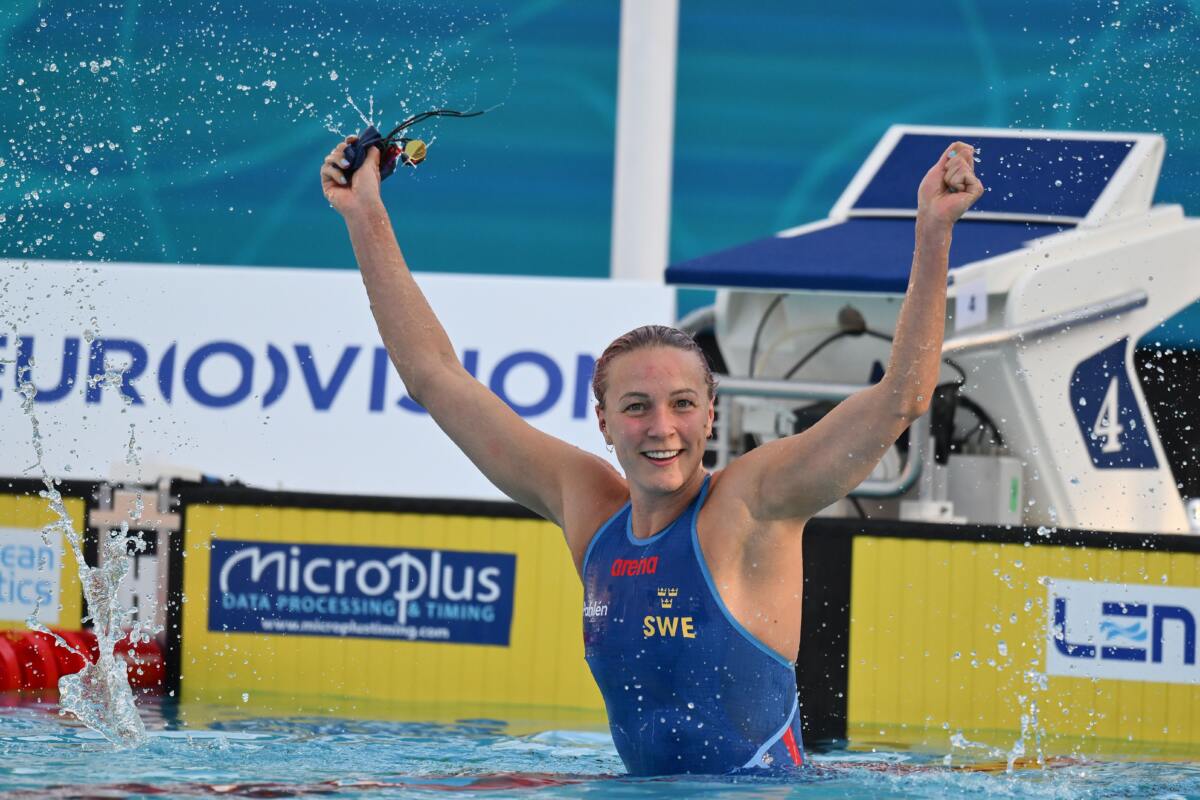
At the end, the medal arrived, with its usual load of happiness and expectations.
Of joy and responsibility.
Time passes and everything changes: today I would no longer face a competition with the same approach with which, for example, I participated in the Gwangju World Championships, where I did all the races I could, and won medals in each of them.
I’m grateful to be able to choose the races I love most, to preserve my body and to feel comfortable in everything that happens behind the scenes of an international event.
I want my time between one semifinal and the other.
Between anti-doping and warm-up.
Between an interview and a massage.
But that doesn't change the way I swim, nor will it ever.
A sport that makes me feel good, balanced between talent and devotion.
A sport that has given me so much but that I had to learn to love because, if you look closely, water is only the beginning.
Sarah Sjöström / Contributor


